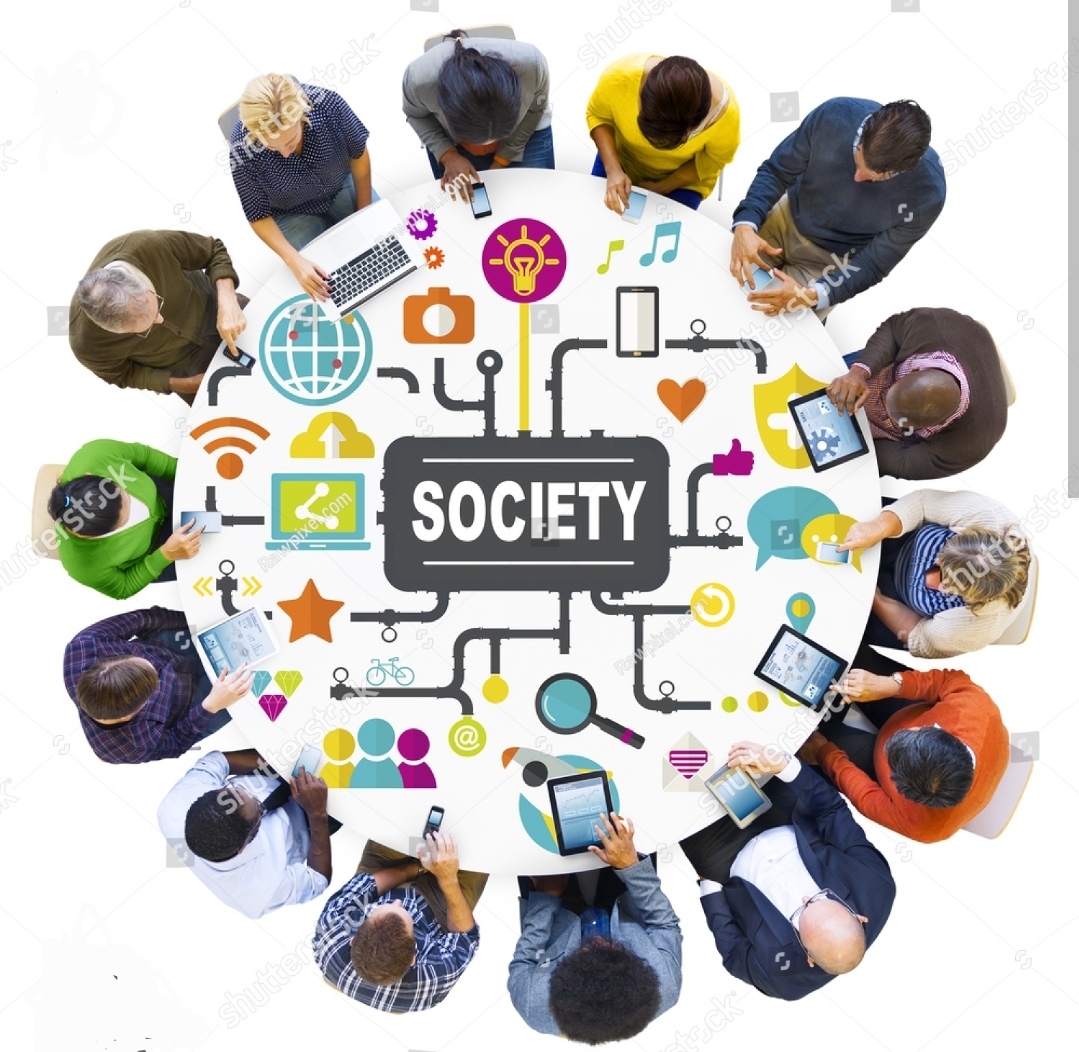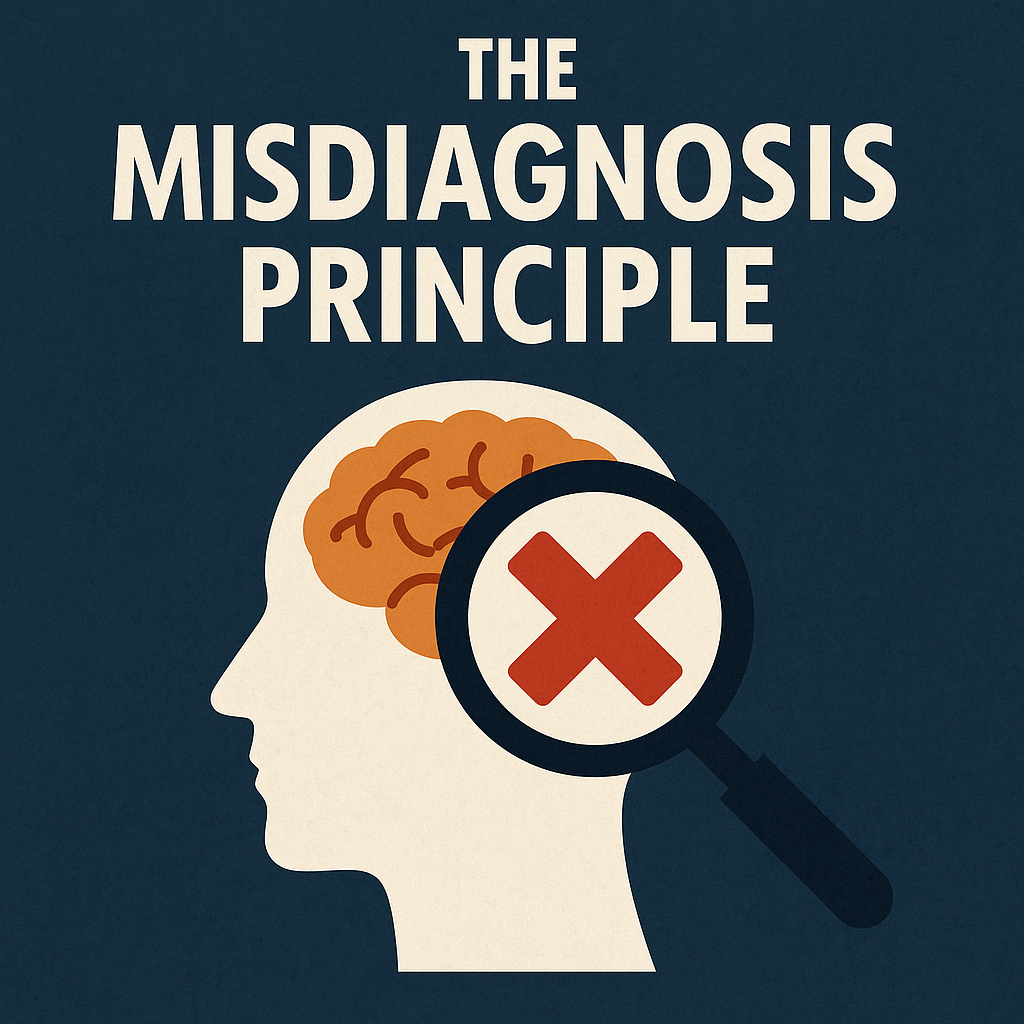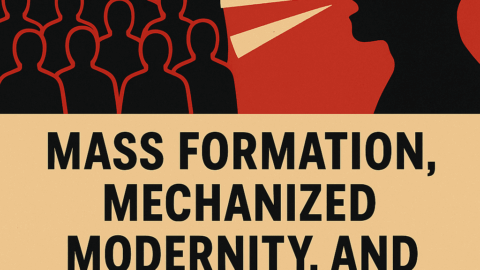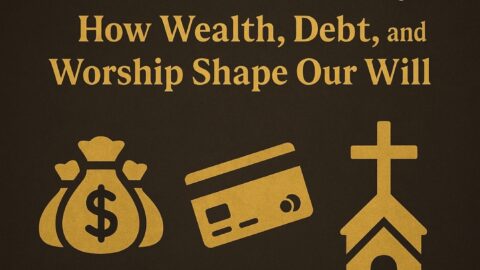Carl Jung’s quote, “The world will ask you who you are, and if you don’t know, the world will tell you,” speaks to the importance of self-awareness and intentional identity formation. Without a strong sense of self, individuals are prone to being shaped by external forces such as societal expectations, cultural norms, consumerism, peer pressure, or even manipulation. Here’s a detailed exploration of this quote, connecting it to themes we’ve already discussed:
The Need for Self-Definition
- Jung implies that every person faces the existential question, “Who am I?” Those who fail to answer this question for themselves become vulnerable to external definitions imposed by others.
- Self-awareness involves understanding your values, beliefs, and purpose. This is critical for living authentically rather than conforming to the world’s shallow and often materialistic metrics of success and identity (e.g., wealth, status, or appearance).
Consequences of Lack of Self-Knowledge
- When individuals lack clarity about who they are, they can:
- Adopt a false identity: They may imitate societal ideals, chasing possessions, status, or lifestyles that don’t align with their true selves, as seen in Chuck Palahniuk’s Fight Club quote about possessions owning you.
- Suffer from anxiety and dissatisfaction: Constantly trying to fit into others’ expectations leads to internal conflict and unhappiness. This echoes Dan Martell’s insight on how improvement often isolates people, as it challenges these imposed identities.
- Fail to resist negative influences: Without a firm grounding in personal principles, individuals may succumb to peer pressure, ideological manipulation, or unhealthy habits, leading them away from purpose and meaning.
Aligning with God, Purpose, and Meaning
- The world often promotes relativism, ego, consumerism, and fleeting pleasure, as discussed in John Lennon’s observation about how modern life becomes unreal when detached from deeper truths.
- By contrast, self-knowledge grounded in spirituality (e.g., understanding oneself in relation to God, as per Proverbs 13:22) provides a solid foundation for resisting harmful cultural norms and living a purpose-driven life.
The Role of Maturity and Emotional Regulation
- Emotional intelligence and maturity are essential for navigating the question of identity. People pleasers, for example, struggle to maintain inner peace because they let others define them. Learning tools like wise mind (from DBT) helps individuals balance emotional impulses and rational thought, enabling them to align with their true values.
- The bravery to stand firm against external definitions of self connects to the idea that actions define character (from Batman) and demonstrates the ability to uphold personal integrity even when it conflicts with societal expectations.
Connection to the Hero’s Journey
- Self-improvement is a hero’s journey, requiring individuals to confront their weaknesses, redefine their identity, and transcend societal expectations. Without intentionality, the “call to adventure” can be misdirected by the world’s demands, leading to stagnation or a loss of potential.
- The transformation of transitional characters, such as biblical figures and historical leaders, demonstrates how aligning identity with divine or moral principles can help individuals resist the harmful currents of their time and redefine what is possible for future generations.
Practical Steps for Answering “Who You Are”
- Reflection: Engage in deep introspection about your values, strengths, and goals. Ask yourself, What do I truly believe in, and what kind of person do I want to be?
- Purpose Alignment: Cultivate a sense of purpose rooted in service, family, or faith, as highlighted by Martin Seligman’s focus on meaning and flourishing.
- Boundary Setting: Learn to say no to the world’s distractions and pressures. Being caring but maintaining your peace is essential for self-preservation.
- Continual Growth: Life is a journey of leveling up, as in the hero’s journey. Embrace opportunities for personal growth while staying true to your core identity.
Conclusion
Carl Jung’s quote reminds us that self-knowledge is not only a personal responsibility but a shield against the pervasive influence of a world disconnected from God, purpose, and authenticity. To know who you are is to claim sovereignty over your life, to live in alignment with your values, and to resist the unreal and shallow identities the world offers. This journey, though challenging, leads to genuine fulfillment, resilience, and the ability to contribute meaningfully to your family, community, and beyond.






